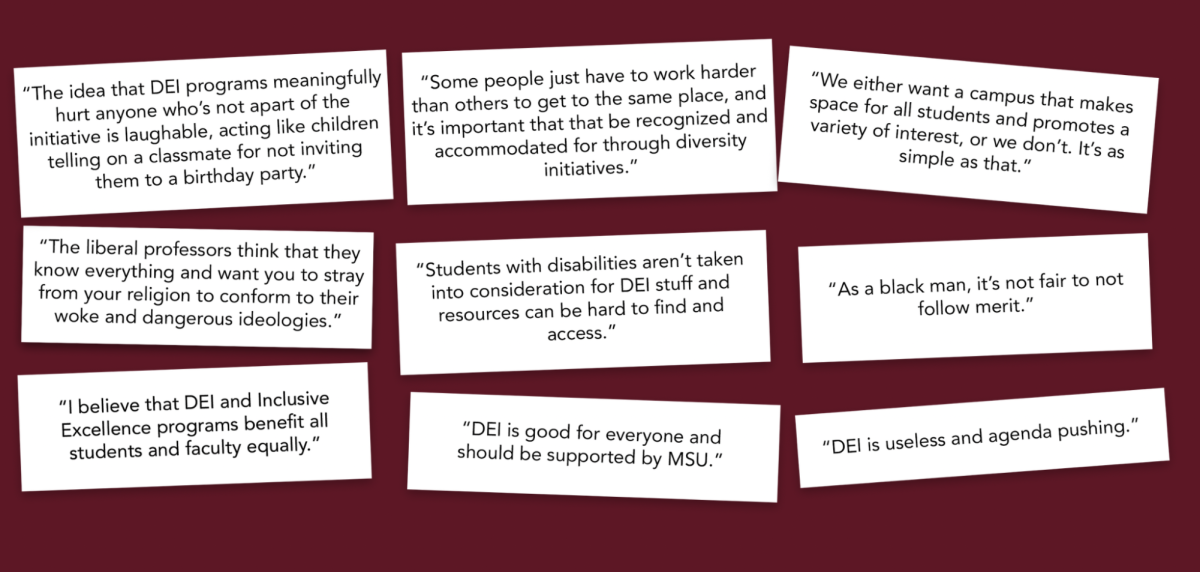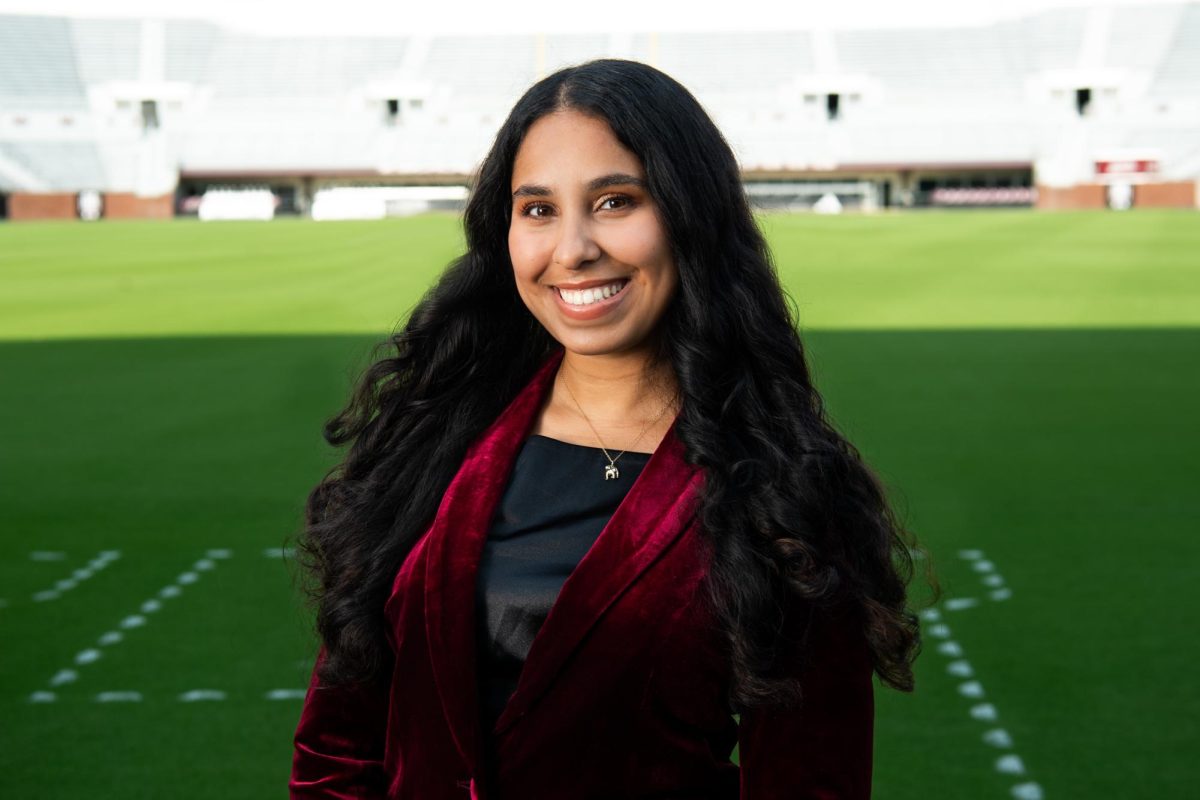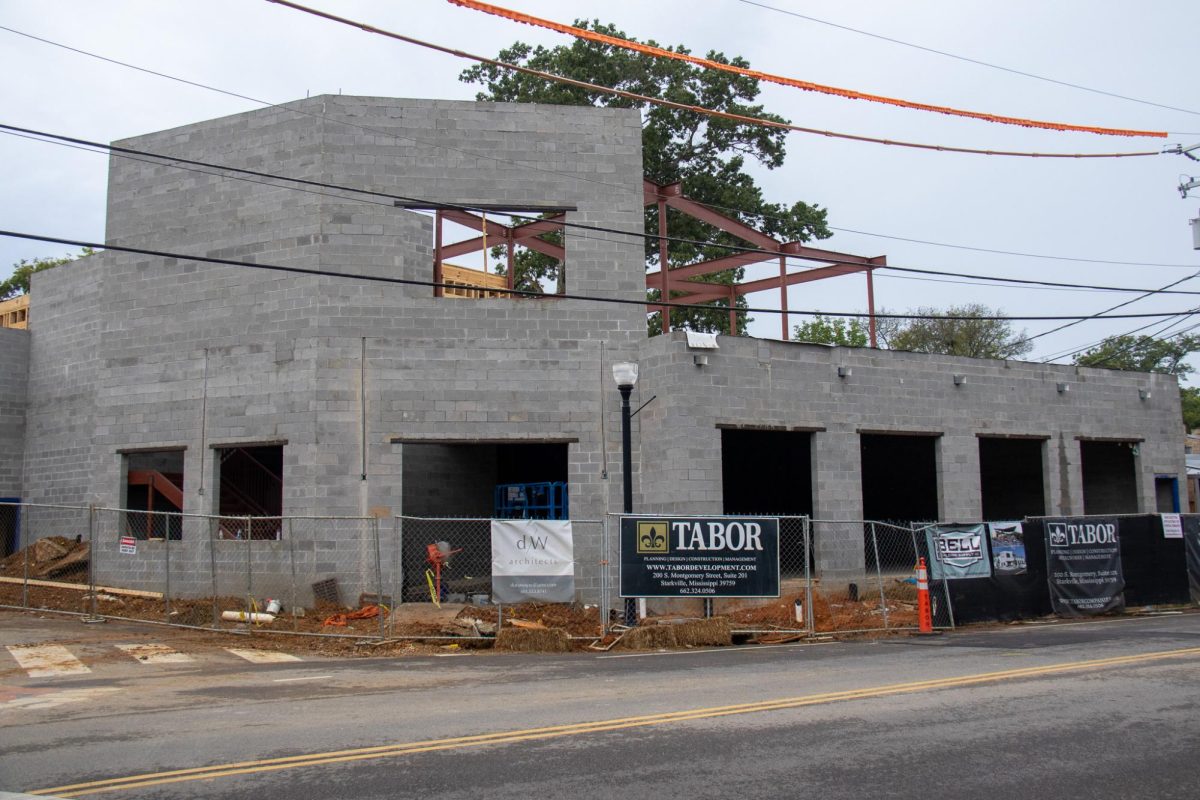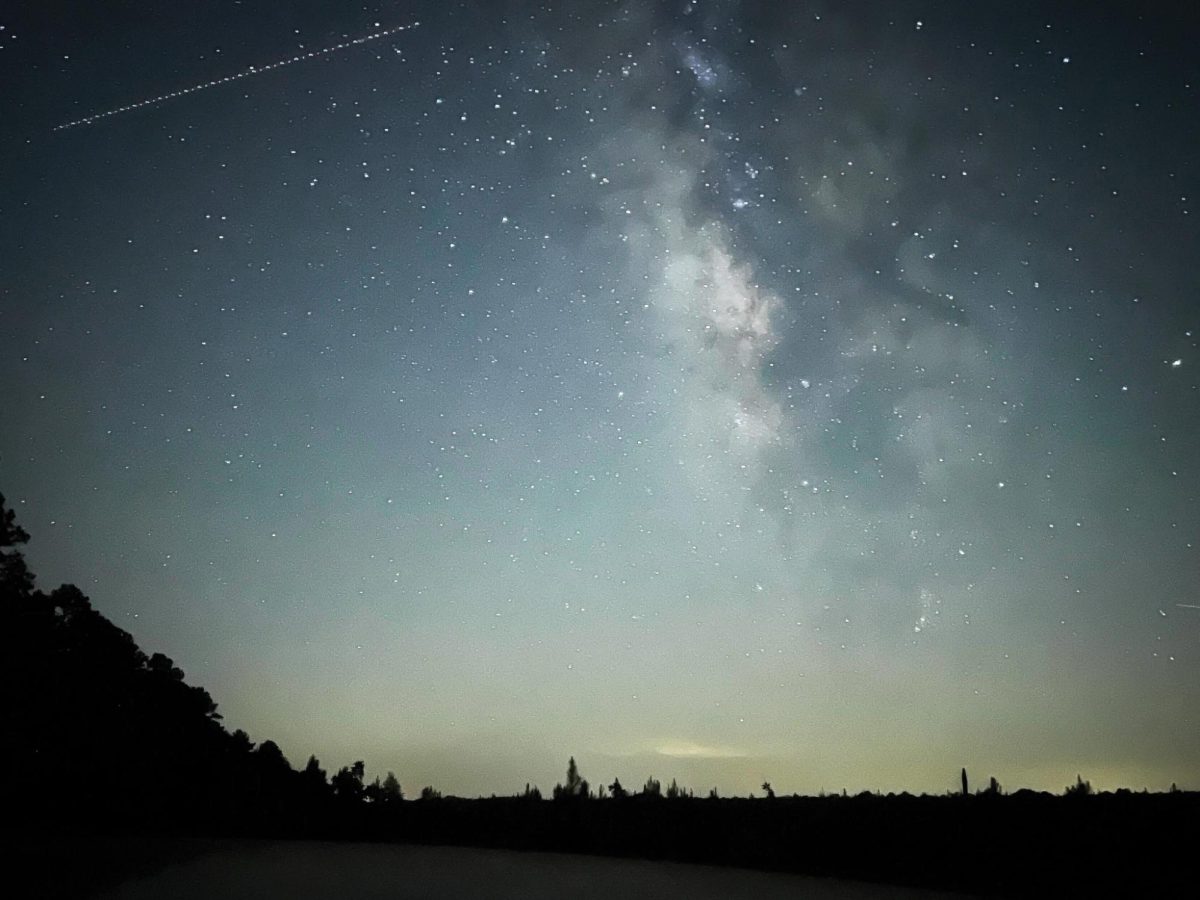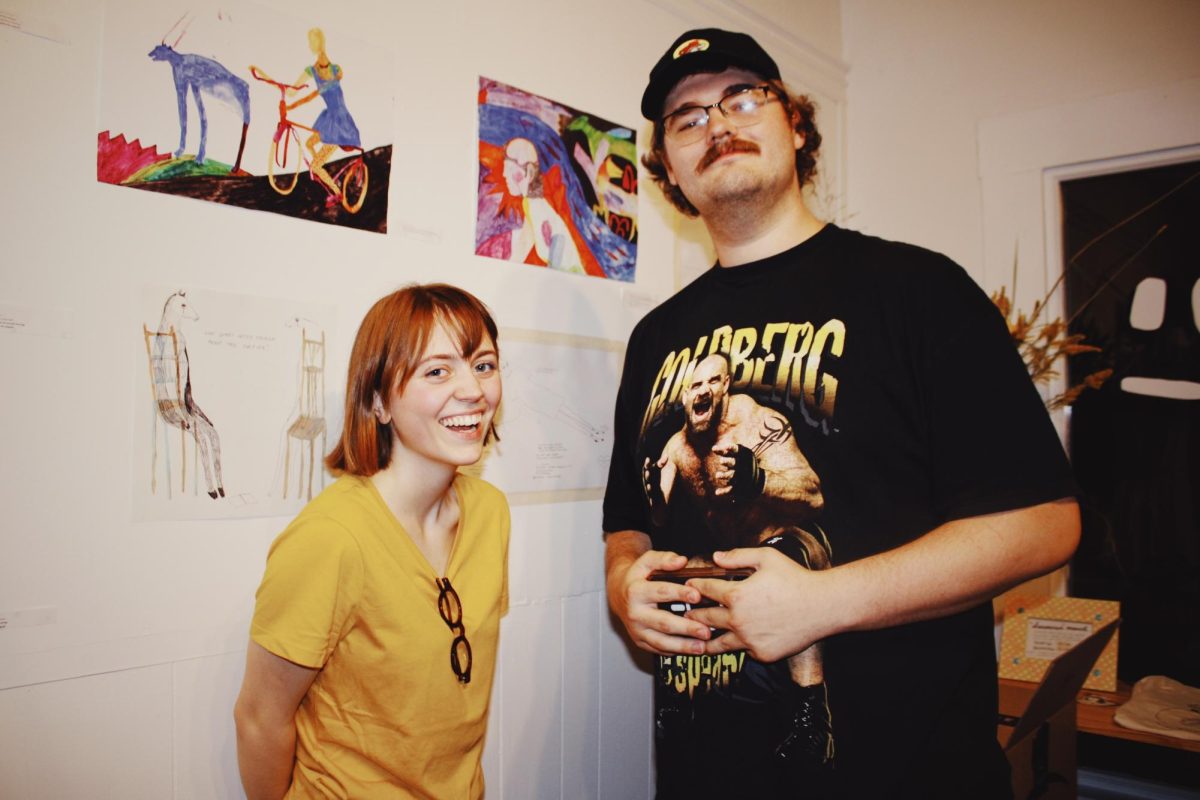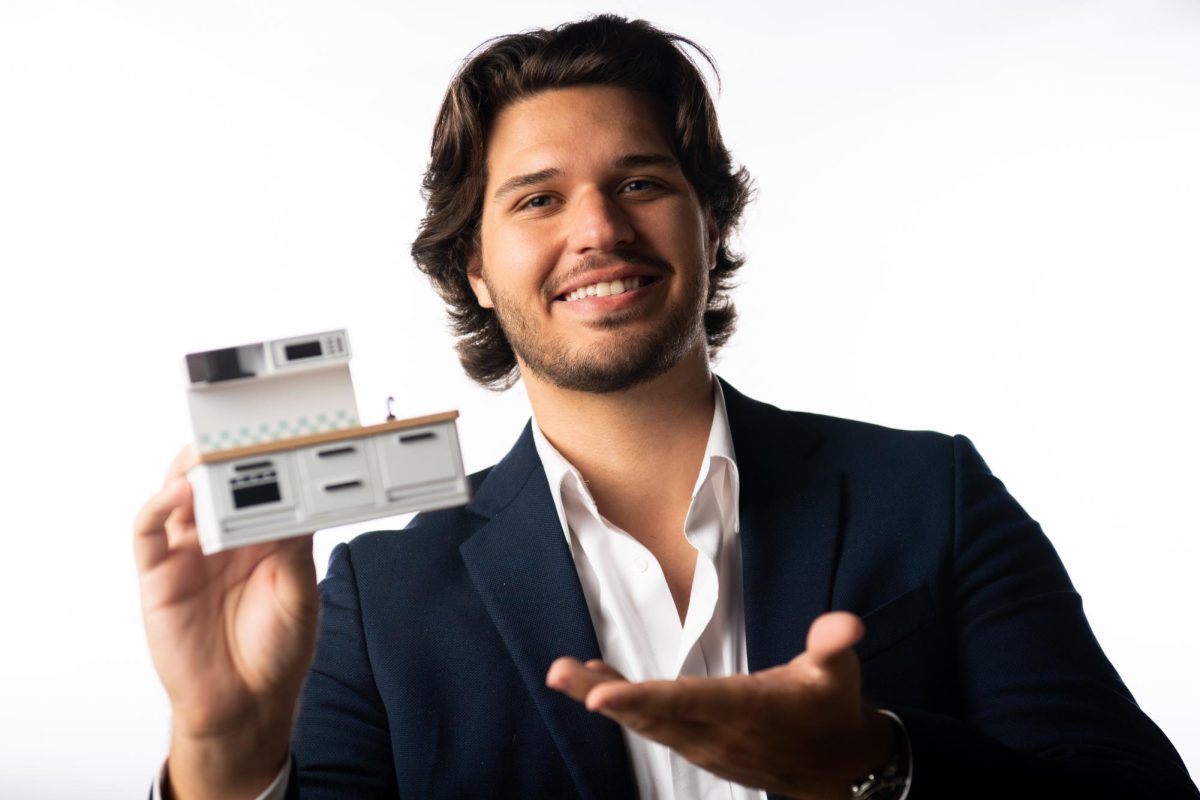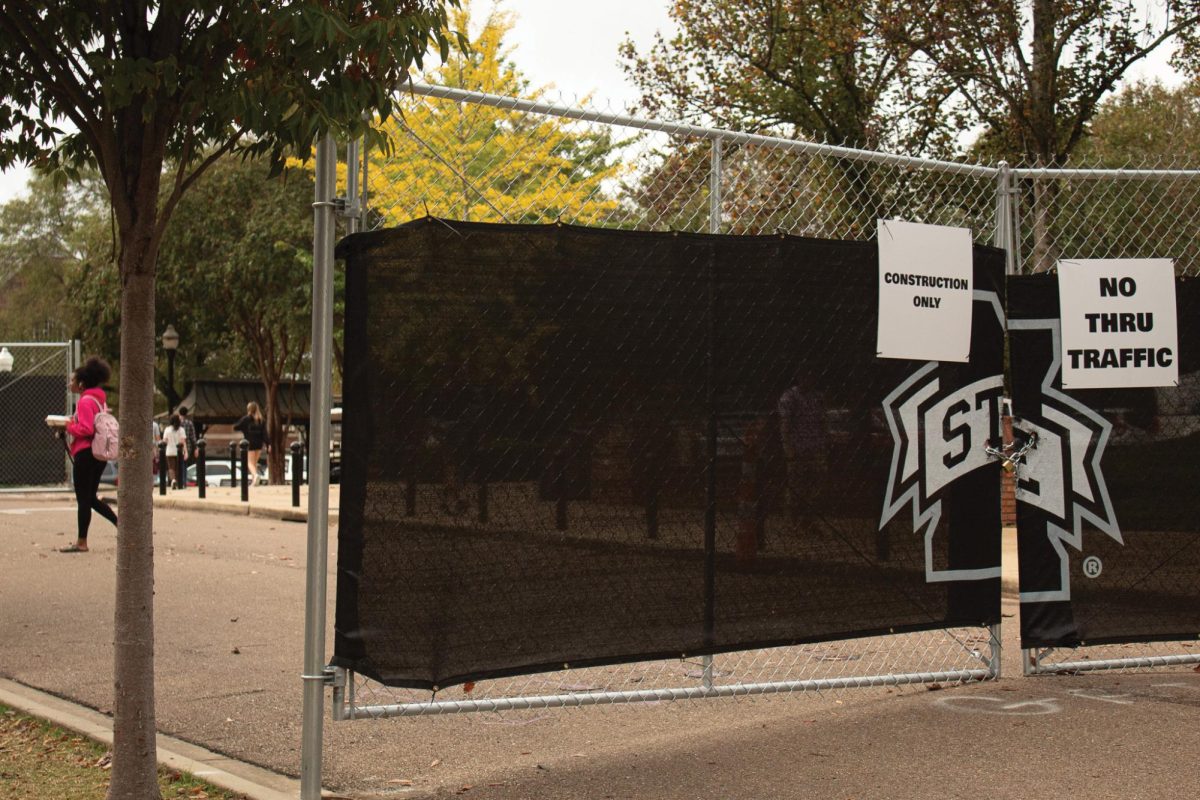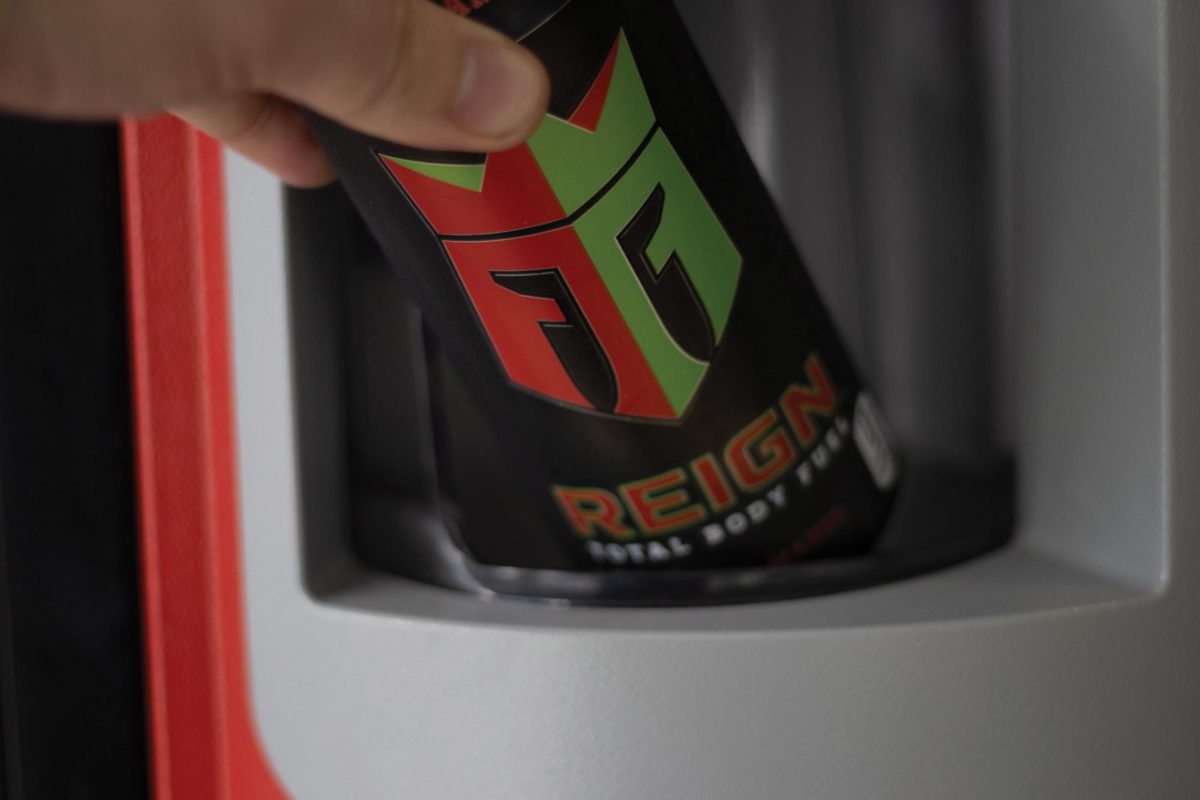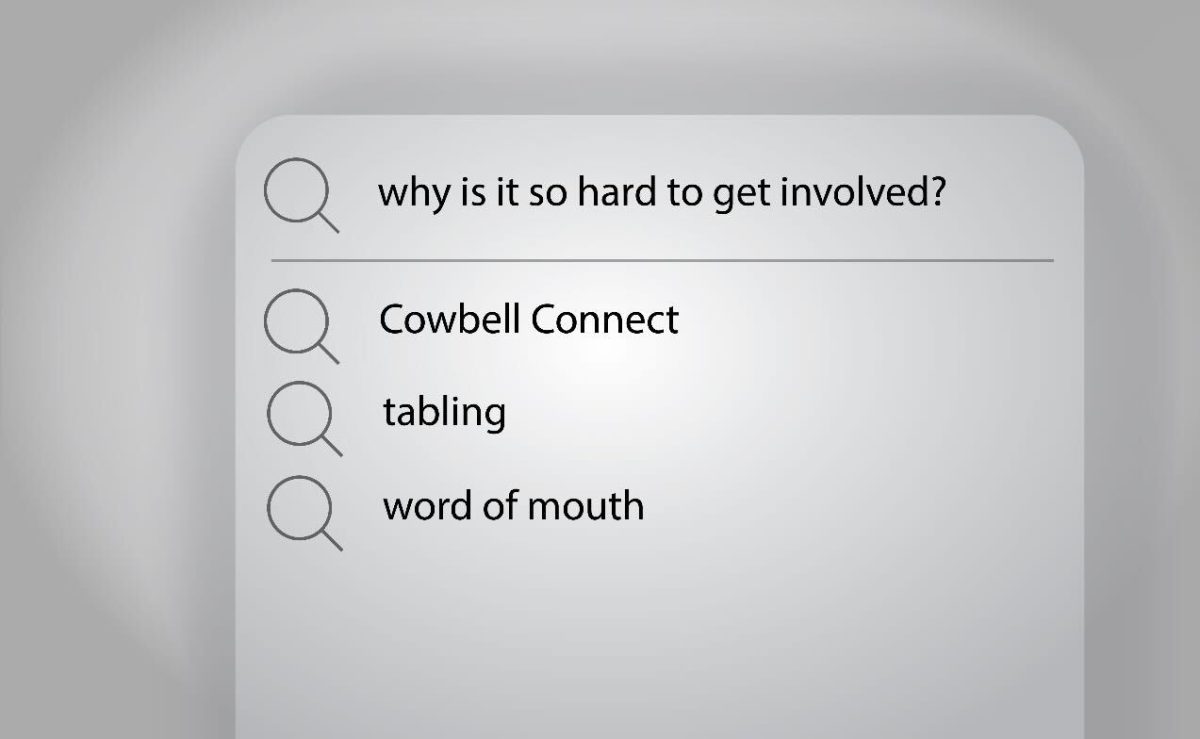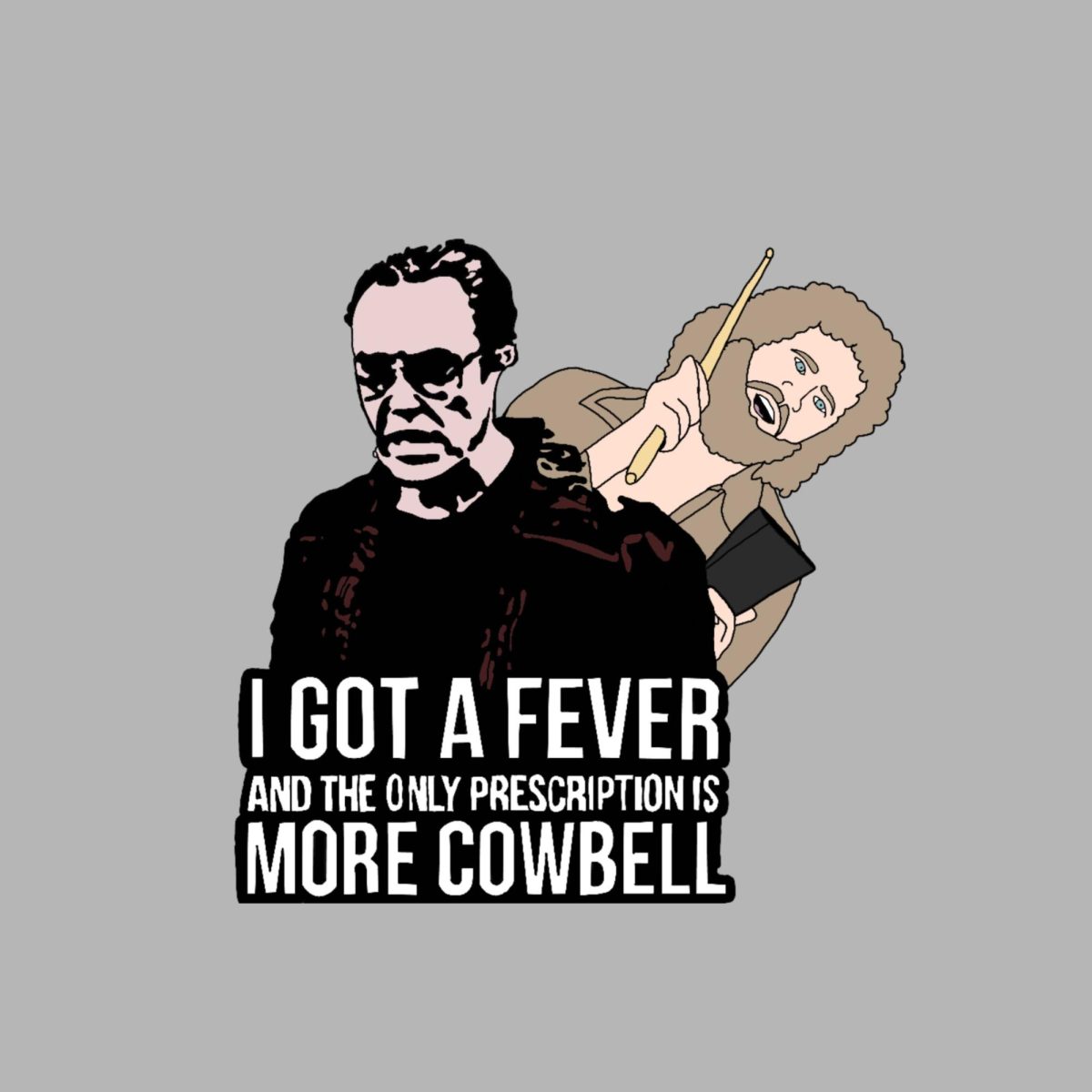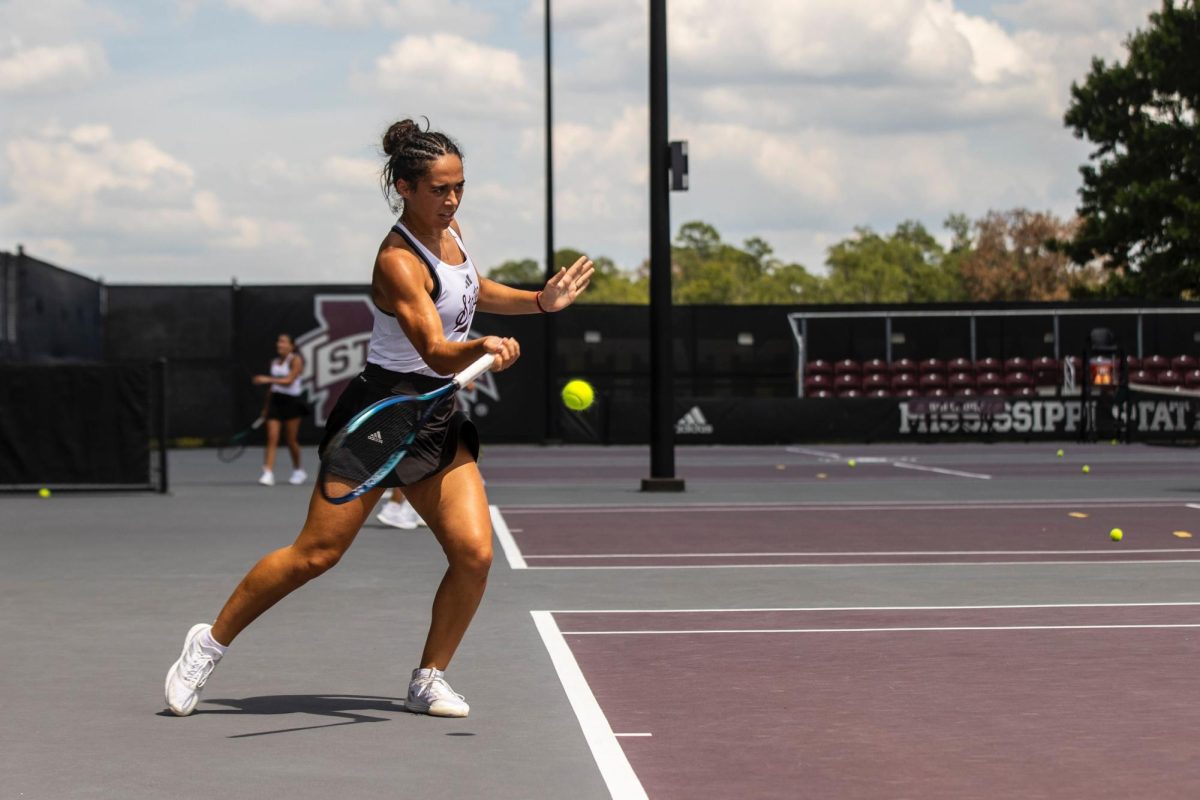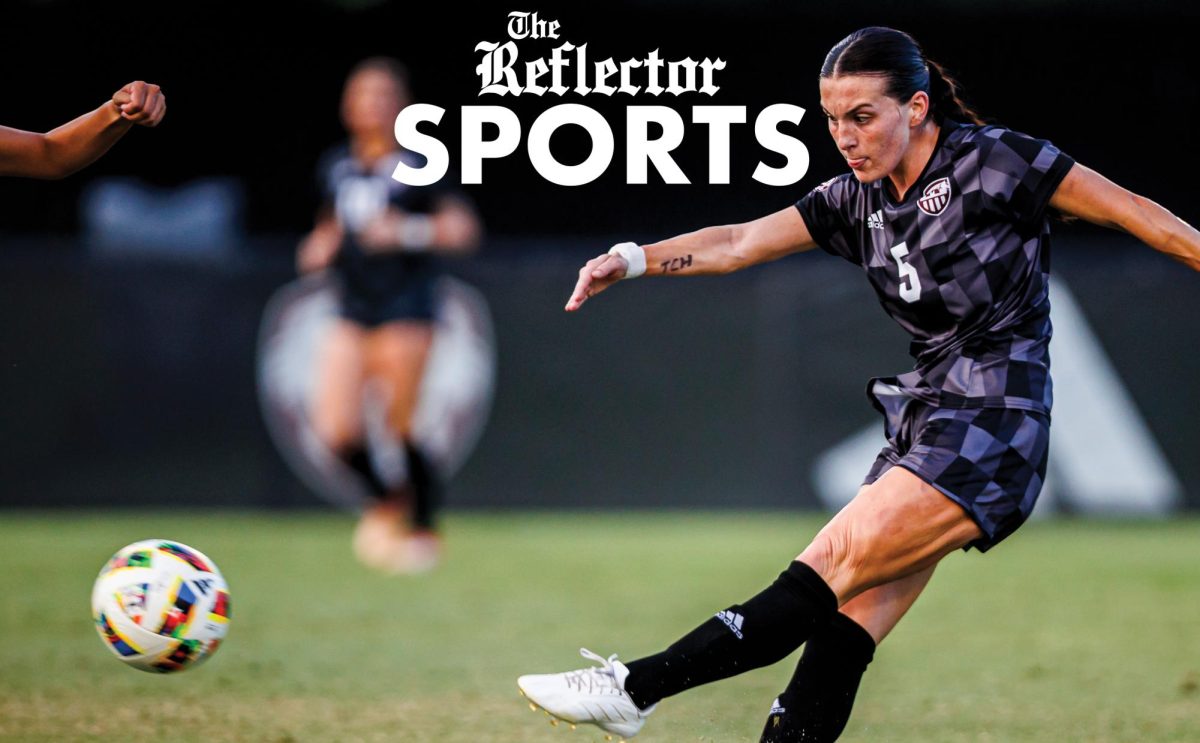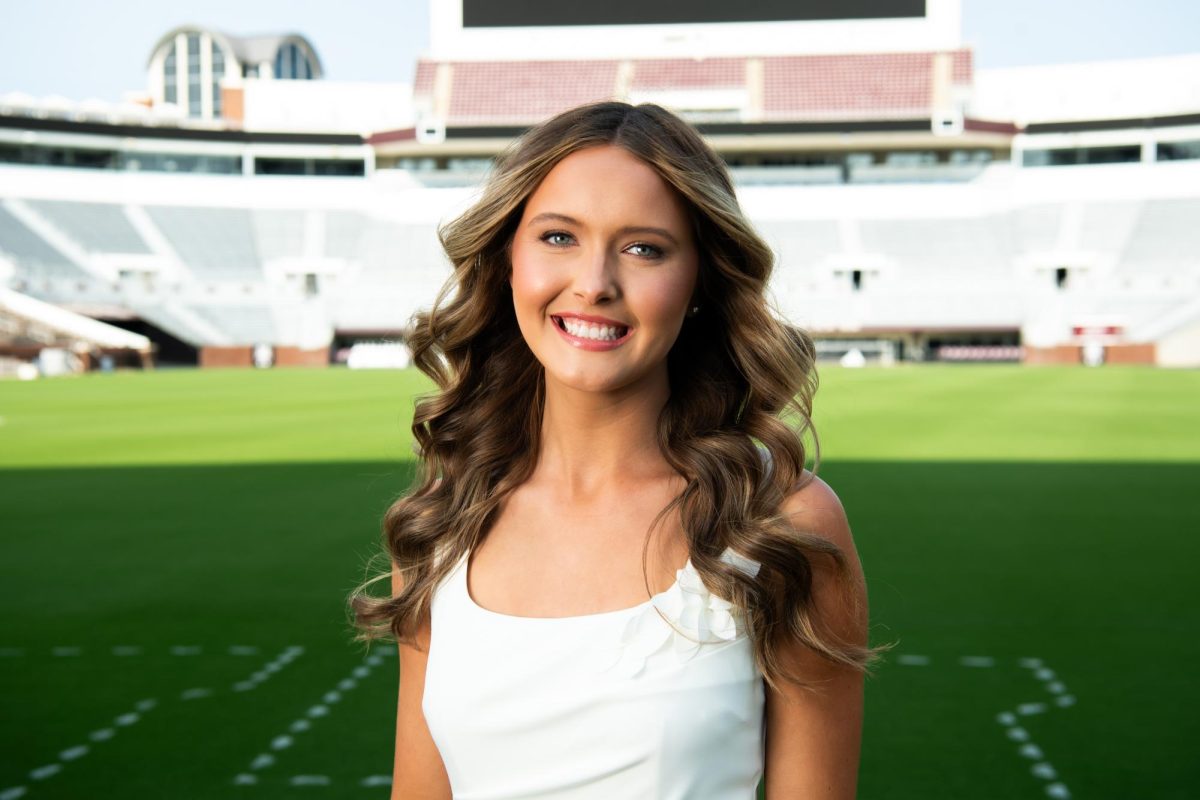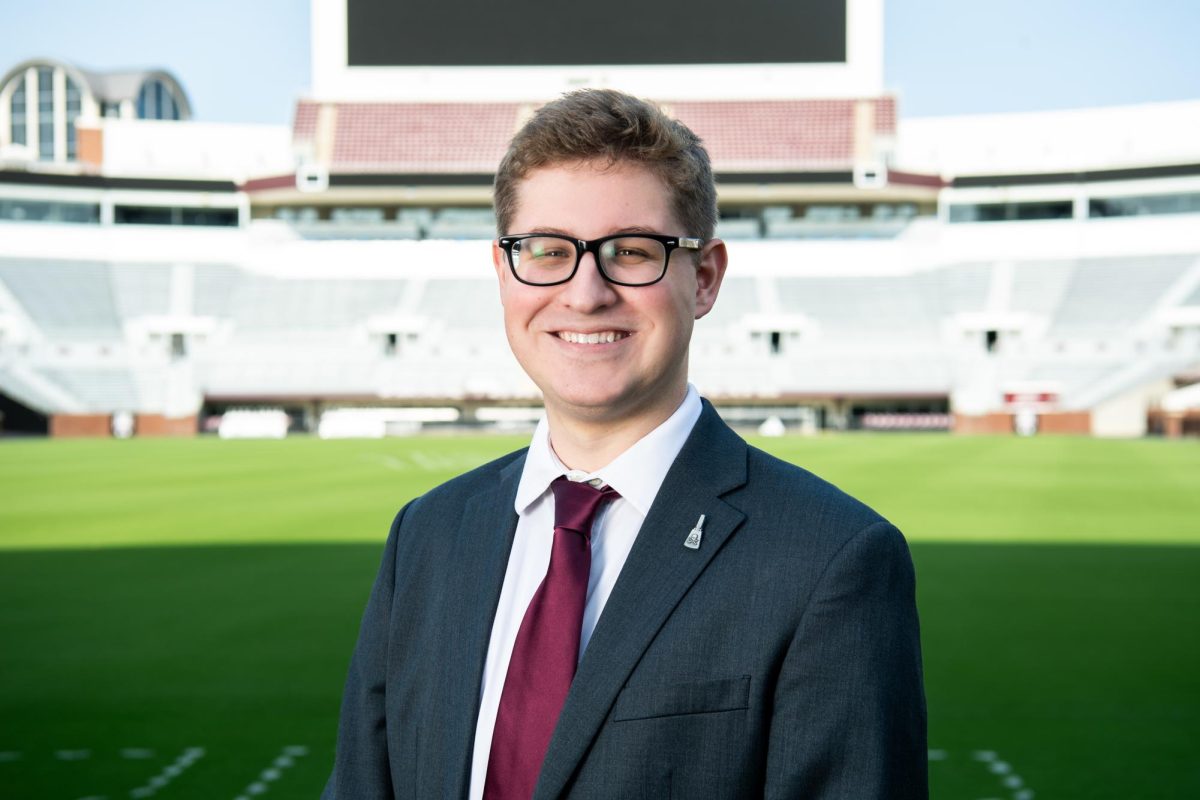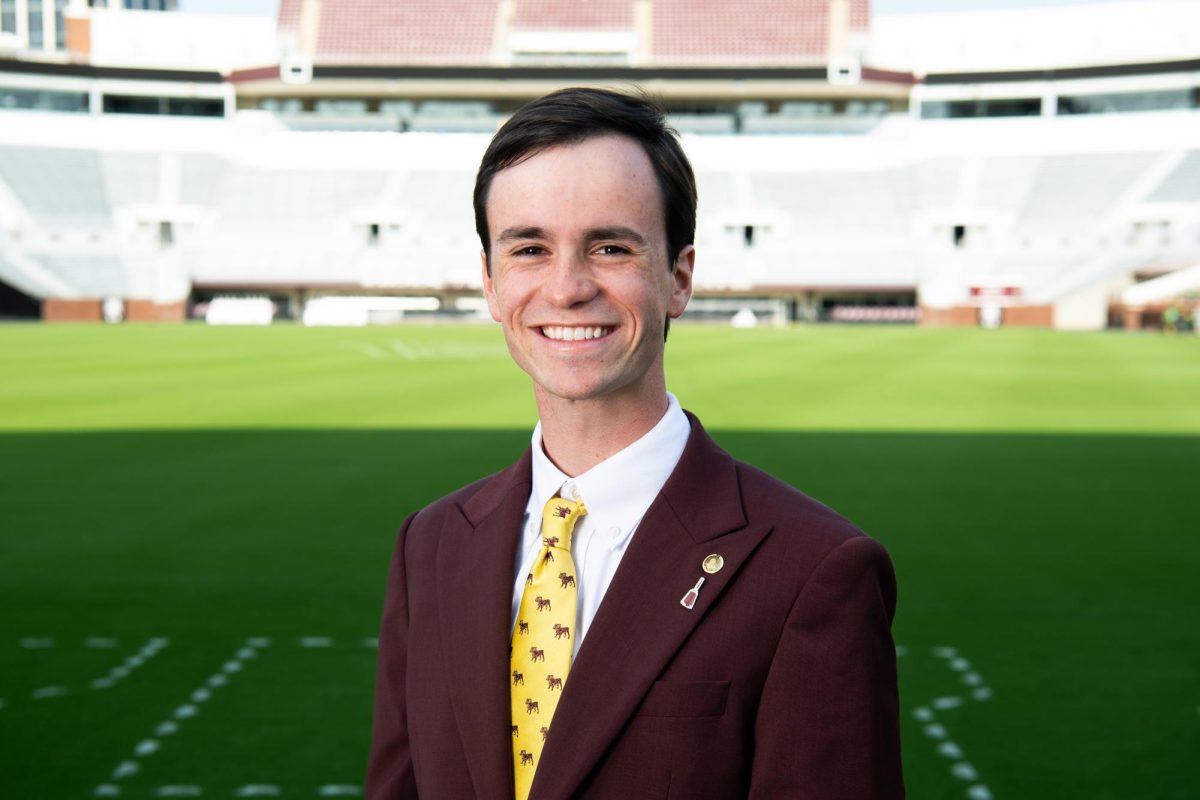The Bettersworth Auditorium at Lee Hall was packed Thursday night as spectators eagerly arrived to hear renowned astronaut and former U.S Navy Commander Scott Kelly give a lecture on his life and adventures through space.
An event hosted by the Student Association of Mississippi State University as a part of their Global Lecture Series, attendees from ages 4 and older eagerly anticipated Kelly, a well-known American astronaut known for setting records in space exploration.
Kelly started his aviation career as a former military fighter pilot, and eventually gained ranking as a U.S. Navy Captain. However, Kelly is best known for his contributions to NASA as becoming the first astronaut to stay on the International Space Station for a consecutive year and his many contributions to fields of science.
After a brief video introduction of Captain Scott Kelly’s experiences during NASA, Kelly walked onstage amid thunderous applause from the audience, welcoming the former astronaut to the campus.
Kelly not only fascinated the audience with his experiences in space, but also told stories of his decade-long career with humor and amusement, charming the audience with pictures of his childhood, and making lighthearted jokes about moments in space with his former comrades.
In the beginning of his lecture, Kelly gave the audience a personal look into his life in space. Kelly also told the audience not just about his achievements in space aviation, but about the strife and determination it took for him to reach his goals.
“That’s what I want to talk to you today, it’s about doing the hard things… and how I was able to do that in my career, first in the Navy, and then later at NASA,” Kelly told the audience.
Kelly detailed his childhood in his lecture, giving former background into his Jersey family life as a twin of astronaut Mark Kelly and son of respected police officers, his mother being one of the first female police officers in the state of New Jersey.
What surprised the audience, however, is Kelly admitted he was not a bright student during his high school and college years.
“When I was a kid growing up, I was a really bad student,” Kelly recounted. “Now I know what you’re thinking, well that guy’s an astronaut, he must have been the smartest kid in the class, the overachiever. That was not me.”
What drove him to discover his passion, however, was a walk in his local college’s bookstore, where he found a copy of the book “The Right Stuff” by Tom Wolfe.
He became fascinated by the experiences and “traits” of these fighter pilots, and what made them become the well-known astronauts they are today. Kelly believed he also had these traits, and this moment motivated him to work harder toward his newfound goals.
“Maybe, just possibly, maybe I could go fly airplanes in the Navy and become a test pilot… maybe possibly an astronaut someday,” Kelly said with nostalgia.
Kelly then devoted himself to these goals, graduating as an engineering major and attending the United States Navy Flight School, where he learned how to fly airplanes.
Although Kelly admitted he was not a good pilot at first, his work traits and ability to take risks and move to progress led him to fly jet airplanes, and eventually working as a test pilot. Years of working within the Navy led him to discover NASA’s astronaut program, in which he applied to and had gotten accepted.
In 1996, NASA eventually selected Kelly and other experienced applicants to learn how to fly NASA’s space shuttle, a task both rewarding and challenging. In 1999, Kelly was then ready to fly into space for the first time with six other astronauts, a mission that was routine for his comrades. But for him, his first mission was a dream that had now become a reality for him.
After his first few long-duration flights in space, Kelly was then assigned to an aviation mission that would be an experience in a lifetime–to become the first American astronaut to spend one consecutive year in space.
In 2016, NASA and its other international partners chose Kelly to be one of two astronauts to participate in a national scientific study to determine the effects of space travel on the human body, as well as to discover how to travel to Mars in the future.
Honored to be chosen for this study, Kelly described his 365-day long experience living at the International Space Station, in which he recounts his experience launching from an overly cramped rocket in Central Asia, to the difficulties of living in a small area at the International Space Station (ISS).
During his one-year mission at the ISS, Kelly explained a third of his time was devoted to doing experiments for science. Kelly described how they experimented with mice on the station to aid in developing drugs that could help humans in our aging process, a field that would benefit the biology and medical fields. Other times, he would be doing regular maintenance work in the ISS, such as fixing and taking care of the facility.
One of the most memorable moments Kelly recounts of going into space was his magnified view of Earth and astonishing qualities he noticed, such as seeing the pollution over certain parts of Asia.
One moment that resonated with him, however, was his first ever view of the abundance of South American tropical rainforests in 1999, and later in 2016, in which he noticed the dry, deserted patches that replaced the vegetation in the region.
After his lecture, many attendees admired Kelly even more, and learned aspects about him they never before realized.
MSU alumni Don Whitmire of Scottsdale, Arizona, expressed his surprise at Kelly’s unmotivated childhood.
“Just the things he overcame, what he described as a kid, where he was a really poor student… and how he found something that changed his whole outlook on life,” Whitmire said. ”It was not because he just was not good enough, he just had to learn how to apply himself, and he had to have something to challenge him.”
Peggy Whitmire, a graduate of the Mississippi University of Women, expressed what she thought was the highlight of Kelly’s lecture.
“He was very encouraging to take the opportunities that has came his way to make the best of them,” Peggy Whitmire said. “He was very inspiring, I thought.”
Lastly, Kelly ended his lecture with a call to action resonating with the audience. He advised and pointed out that any career a college student could dream about could be made possible with hard work, determination and teamwork.
Kelly pointed out although we may seem average compared to the size of Earth from space, our dreams can become a reality if we decide to put our minds together and work toward a unifying goal.
“I am absolutely inspired that if we can dream it, then we can do it,” Kelly said. ”We can choose to do the hard things, and if we do that, then the sky is definitely not the limit.”
NASA astronaut Scott Kelly gives captivating lecture at MSU
Lany Wallace | The Reflector
Retired Astronaut and U.S. Navy Commander Scott Kelly speaks to students about his many experiences in his life and his time on the International Space Station on Thursday evening in the Bettersworth Auditorium at Lee Hall.
0
More to Discover





